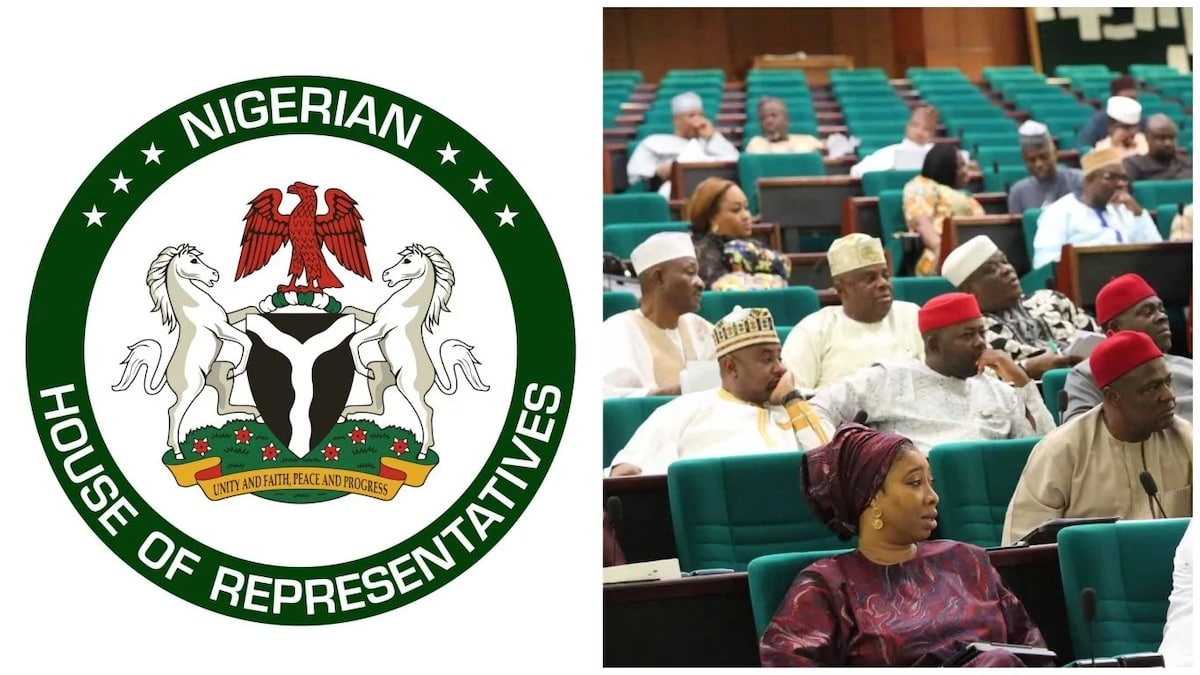The House of Representatives Committee on Environment has summoned the Director-General of the Nigeria Centre for Disease Control, Dr. Olajide Idris, to appear before lawmakers on Tuesday, June 24, 2025, over allegations of hazardous gas emissions in Abuja’s atmosphere.
The parliamentary invitation follows a formal petition submitted to the committee regarding the release of gaseous and chemical substances into the air around the Gaduwa area of the Federal Capital Territory. Local residents have expressed serious environmental and health concerns about the reported emissions, prompting legislative intervention.
According to Chooks Oko, Senior Legislative Aide to the Speaker and Head of Media, the committee’s action represents the exercise of constitutional oversight responsibilities by the House of Representatives. The invitation specifically targets the NCDC’s role in protecting public health and addressing potential environmental hazards that could affect residents of the nation’s capital.
The formal invitation letter, dated June 19, 2025, and signed by Committee Chairman Right Honourable Michael Irom Etaba, requires Dr. Idris to provide comprehensive explanations about the nature and source of the reported gaseous emissions. The NCDC chief will be expected to detail his organization’s response to the incident and clarify what role the disease control center has played in addressing the situation.
Lawmakers are demanding specific information about preliminary health assessments conducted in the affected area, particularly regarding potential health implications for FCT residents exposed to the reported emissions. The committee expects Dr. Idris to present detailed findings on how the gaseous substances might impact public health in both immediate and long-term contexts.
The NCDC Director-General must also outline comprehensive measures his organization has implemented or plans to implement to prevent similar incidents from recurring. This includes both immediate response protocols and long-term preventive strategies to protect residents from environmental health hazards.
The parliamentary summons emphasizes the strategic importance of the NCDC in safeguarding public health across Nigeria, particularly in addressing environmental threats that could compromise citizen welfare. The committee’s action reflects growing legislative concern about environmental protection and public health oversight in the Federal Capital Territory.
Dr. Idris has been instructed to attend the hearing accompanied by relevant technical officers and to bring all pertinent reports, materials, and technical documents related to the Gaduwa area emissions. These materials are expected to facilitate the committee’s understanding of the situation and support effective parliamentary oversight.
The committee’s intervention highlights the intersection between environmental protection and public health governance, particularly in urban areas like Abuja where industrial activities and population density can create complex environmental challenges. The hearing represents a formal mechanism for ensuring government agencies remain accountable for protecting citizens from environmental hazards.
The Gaduwa area incident has apparently raised sufficient concern among residents and stakeholders to warrant formal legislative attention, suggesting that the reported emissions may have had noticeable environmental or health impacts on the local community. The committee’s response demonstrates the House of Representatives’ commitment to addressing constituent concerns about environmental safety.
The scheduled hearing will provide a public forum for examining the government’s response to environmental health threats and assessing the effectiveness of existing protocols for managing such incidents in the Federal Capital Territory.



















